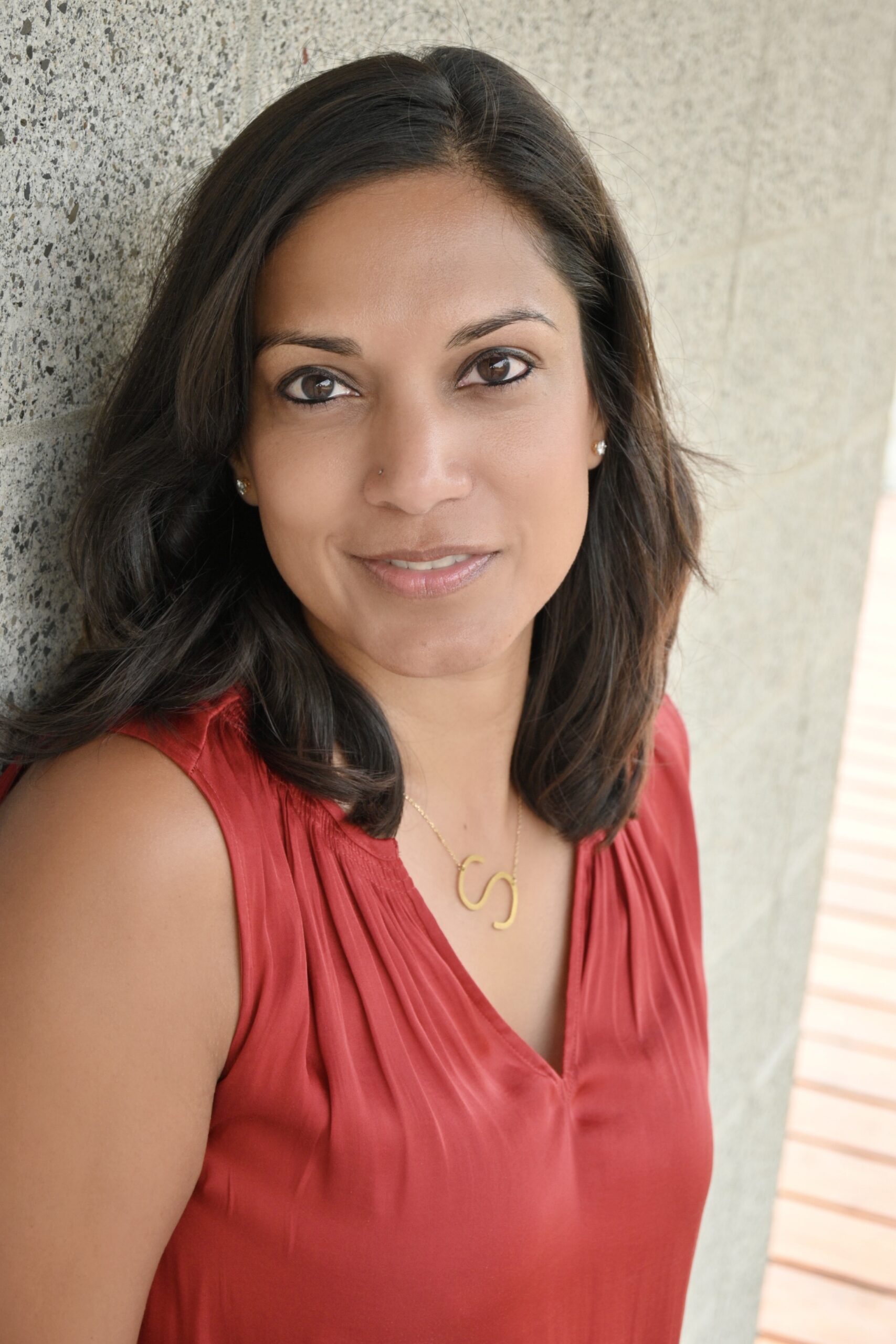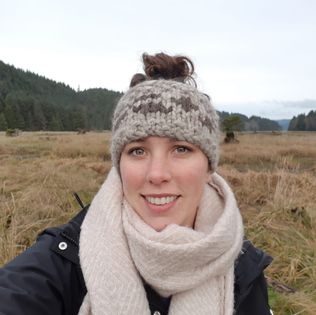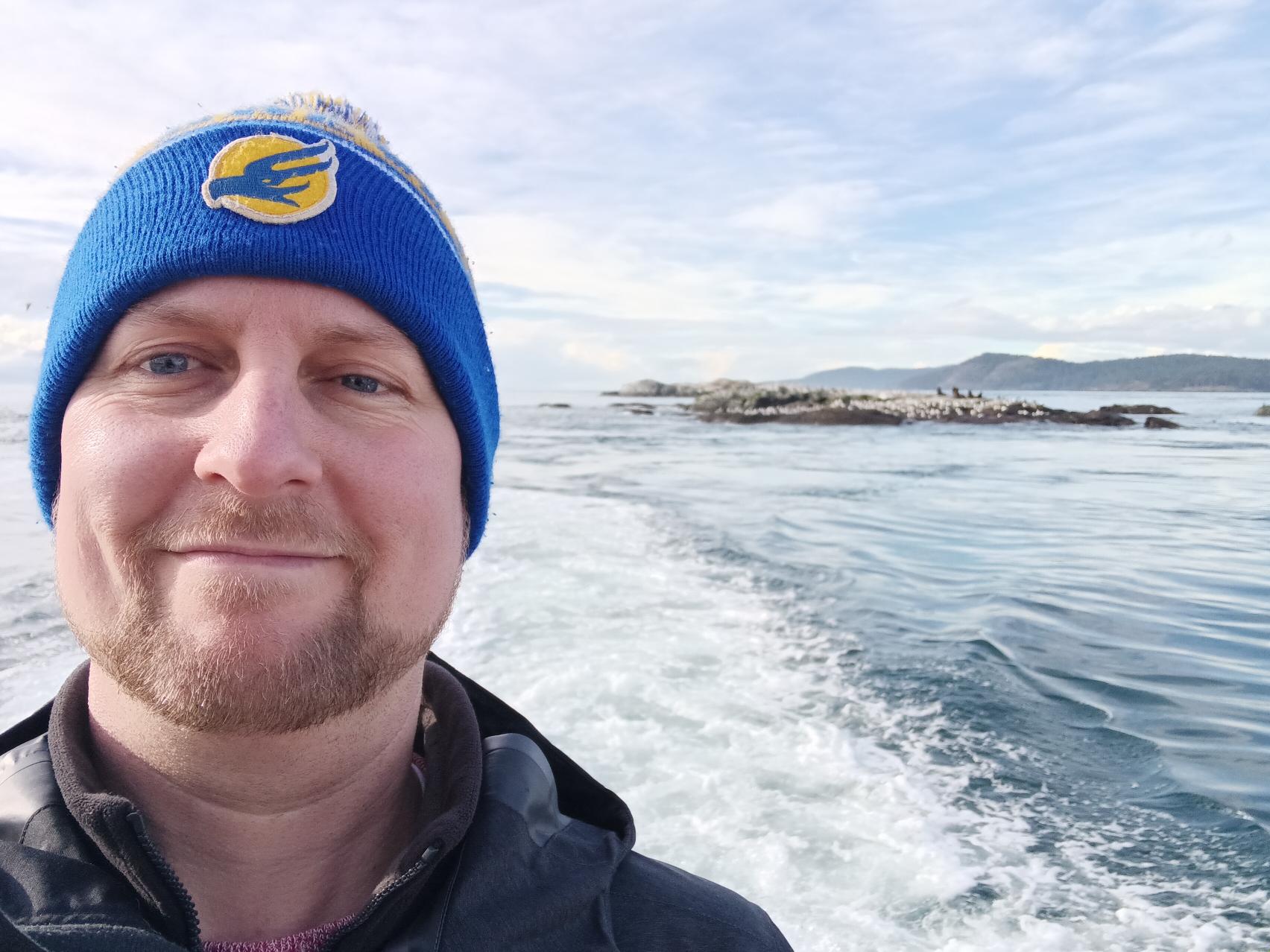Track 1: Introduction to Critical Digital Pedagogies
This track will delve into the intersections of technology, power, access, and equity in the digital age, critically examining how digital tools and platforms both enable and hinder pedagogical approaches. With a focus on real-world application, participants will be equipped to integrate open digital tools and methodologies in ways that are inclusive, culturally relevant, and socially transformative.
Track Lead
Dr. Surita Jhangiani is an associate professor of teaching in the faculty of education at the University of British Columbia, and interim associate dean, equity. Dr. Jhangiani is also the David Lam Chair in multicultural education. As holder of this chair, she aims to leverage open pedagogical principles to advance critical multicultural education. Surita is also an advocate of OER, and the recipient of two Open Educational Resource Champion awards from the University of British Columbia. Dr. Jhangiani is currently involved in projects related to open pedagogy, alternative grading, and belonging as it relates to learning and teaching.

Track 3: Reimagining Assessment: Community and Care
Too many of our approaches to grading treat students like they’re interchangeable, and fail to recognize their complexity. In addition, traditional assessment often undermines learning by centering extrinsic motivation and expecting teachers to police (and punish) behavior. At the heart of these shortcomings is a failure to really see our students—and to find out who they are, what motivates them to learn, and what they need to be successful. When we continue to invest our time and energy in these practices, we undermine any other work we’re doing to care for our students and build community in our classrooms.
What if we reimagined assessment as an act of care—one that nurtures intrinsic motivation and fosters authentic, student-driven learning? In doing so, can we ensure we’re building approaches that complement the kind of flexible and liberatory pedagogies which respect the complexity of all our students, including our least privileged and most marginalized?
Track Leads
Dr. Jesse Stommel is a faculty member in the writing program at the University of Denver. He is also co-founder of Hybrid Pedagogy: The Journal of Critical Digital Pedagogy and Digital Pedagogy Lab. He has a PhD from the University of Colorado. Boulder. He is author of Undoing the Grade: Why We Grade, and How to Stop and co-author of An Urgency of Teachers: the Work of Critical Digital Pedagogy.
Jesse is a documentary filmmaker and teaches courses about pedagogy, film, digital studies, and composition. Jesse experiments relentlessly with learning interfaces, both digital and analog, and his research focuses on higher education pedagogy, critical digital pedagogy, and assessment. He’s got a rascal pup, Emily, a clever cat, Loki, and a badass daughter, Hazel. He’s online at jessestommel.com and on Twitter @Jessifer.

Dr. Martha Burtis is the director of the open learning & teaching collaborative at Plymouth State University (PSU). Since 2021, she has spearheaded the development of Design Forward, a community-based faculty development curriculum for the intentional design of teaching and learning. Prior to coming to PSU, she was the founding director of the Digital Knowledge Center, a peer tutoring organization for students working on digital projects and assignments, at the University of Mary Washington (UMW).
She has taught classes in computer science, American studies, and digital studies at UMW and in interdisciplinary studies at PSU. She holds a bachelor of arts in English from Mary Washington College and an master of arts in instructional technology and media from Teachers College, Columbia University.

Track 4: Decolonial Futures of Teaching with Technology
In this track we will work together to unpack and reimagine the intersection of decolonial futures and teaching with technology. Colonial structures of power and dominance shape all aspects of our society—including our education systems, our ways of thinking, and the technologies we use in teaching and learning—often in invisible or unexamined ways. Taking our lead from the Gesturing Towards Decolonial Futures arts/research collective, participants in this track will analyze and reflect on the ways in which educational technologies may reinforce and/or disrupt colonial structures, with an “aim to identify and de-activate colonial habits of being” (decolonialfutures.net). Working in relationship with peers and guided by teachings of elders and knowledge keepers, participants will develop a critical decolonial perspective on teaching with technology while exploring the role of land and water-based pedagogies as we “gesture towards the possibility of decolonial futures.”
Track Leads
Sk’ing lúudas Natasha Parrish is Haida, Kyaanuuslii Clan, through her mother and maternal grandmothers and English through three grandparents. While she calls Haida Gwaii home, she was born and raised in lək̓ʷəŋən Territory, in a large and loving family, and is a grateful visitor in the Homelands of lək̓ʷəŋən and W̱SÁNEĆ Peoples. She graduated from the University of Victoria with a bachelor of arts in history, a postgraduate degree in secondary teaching, and later a master of arts in Indigenous nationhood. She frames her work as an education developer for Indigenization through Haida principles which include reciprocity, respect, interconnectivity, seeking wise council, and balance. Today, she works with the Centre for Excellence in Teaching and Learning (CETL) at Camosun College supporting instructors in indigenizing and decolonizing curriculum and pedagogy.

Dr. Derek Murray (he/him) is an educator and historian of Irish and Southeastern European ancestry who grew up in the Ottawa Valley and now lives with his partner and two kids as an uninvited guest in lək̓ʷəŋən and W̱SÁNEĆ Territories. Derek works as an educational developer at Camosun College where he supports faculty in all areas of teaching and learning including decolonization and Indigenization, active learning, team-based learning, peer observation, and instructional design, and maintains an active portfolio in the scholarship of teaching and learning. He completed his PhD in history and a graduate certificate in learning and teaching in higher education at the University of Victoria and teaches in the history department at Capilano University.

